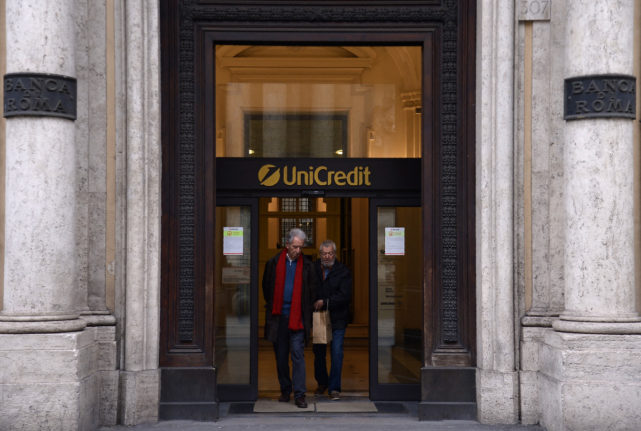The pound is on the slide once again and that means that for those of you living in Italy who have income in sterling, it could have a huge impact.
It is of course not the first time the pound has dropped in value. We saw the same happen in the immediate aftermath of the Brexit referendum, which hit many of our readers hard.
British pensioners living across Italy who received their income in pounds were particularly hard hit.
Please take a minute to fill in this survey and share it with people you know. We’d like to explain just how a drop in the value of the pound affects the lives of UK nationals living abroad.
Thanks for your time.




 Please whitelist us to continue reading.
Please whitelist us to continue reading.
Member comments